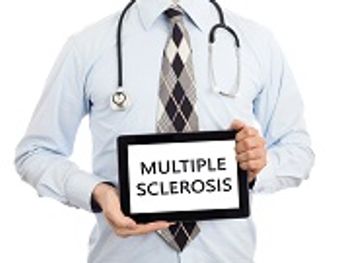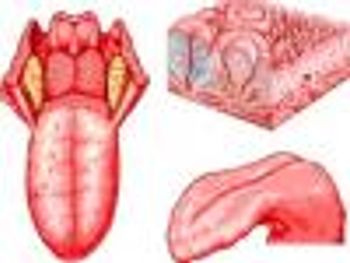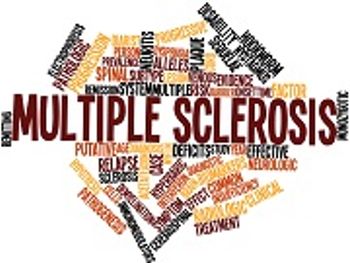
New MS diagnoses are steadily on the rise.

New MS diagnoses are steadily on the rise.

New Alexa skill helps spread MS education and awareness.

Fatigue and limitations in leg function may increase progress from relapsing-remitting MS to secondary progressive MS in older adults.

Individuals with MS are 3 to 6 times more likely to develop seizures.

The challenges of living a normal, active life while managing multiple sclerosis.

Genetics that determine physical traits may play a large role in prevalence of conditions such as multiple sclerosis, autism, and diabetes.

Diseases such as multiple sclerosis, lupus, and psoriasis showed a statistically significant association with dementia.

Investigational MS drug lowers the relapse rate during a phase 3 clinical trial.

Some patients who switch from treatment with Gilenya to Lemtrada experience disease progression.

Central nervous system lesions may impede cognitive and sensorimotor function in patients with MS.

A majority of patients with multiple sclerosis treated with chemotherapy and a stem cell transplant remained in remission for at least 5 years.

One round of investigational combination treatment may be more effective than long-term treatment for multiple sclerosis.

Patients with MS administered ozanimod experienced less relapses over 1 year.

A new therapeutic agent prevented neuronal damage and preserved function in an MS mouse model.

Liver injury reported in patients with oral multiple sclerosis drug.

The Cleveland Clinic received multi-million dollar awards to further multiple sclerosis and bone marrow failure syndrome research.

Current stage 3 trials for multiple sclerosis medications may address several unmet needs in the patient population.

Roughly half of MS patients had hyposmia at the beginning of the study.

95% of survey respondents support medical marijuana treatment for multiple sclerosis.

A change from fingolimod to alemtuzumab caused significant disease activity in patients with MS.

Treatment with ST266 linked to increased survival of retinal ganglion cells in patients with multiple sclerosis.

Female first-degree relatives face the highest risk of developing multiple sclerosis.

MicroRNAs could monitor the severity of MS in the future.

Ocrelizumab may effectively treat patients with relapsing multiple sclerosis and primary progressive multiple sclerosis.

Top articles of the week from Specialty Pharmacy Times.